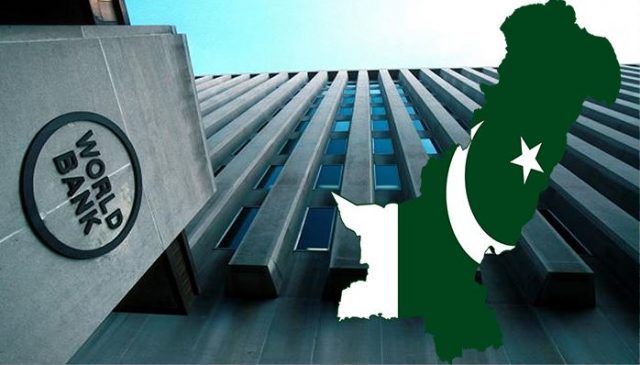The government has officially requested a one-year extension for the completion of the Pakistan Raises Revenue (PRR) project, a crucial initiative backed by a $400 million funding from the World Bank.
The proposed extension aims to extend the project deadline to June 30, 2025, allowing for the thorough completion of its Investment Project Financing (IPF) component.
This move comes as part of a broader strategy to update and refine the project’s development objectives in light of evolving measurement capabilities and the discontinuation of previously used benchmarks.
The PRR project, initially set for a five-year term, is designed to enhance Pakistan’s tax system and revenue collection processes.
It comprises a $320 million results-based component and an $80 million IPF component focusing on the technological and infrastructural enhancement of the Federal Board of Revenue’s (FBR) operations.
The extension seeks not only to adjust the project’s timeline but also to revise its Project Development Objective (PDO) indicators and Disbursement Linked Indicators (DLIs) to better reflect the project’s goals and the current landscape.
Significant changes proposed include shifting the Tax to GDP ratio metric to a more direct measure of the FBR’s total collections as a percentage of GDP, aiming for an increase from 8.5% in fiscal year 2023 to 8.8% by fiscal year 2025.
Additionally, in response to the cessation of the World Bank’s Doing Business Report, the project will adopt alternative methodologies, such as case studies and real-time data, to assess progress in areas like tax filing and customs clearance efficiency.
The restructuring also proposes adjustments to the scope of the withholding regime and the enhancement of coordination among provincial tax authorities, with an emphasis on digital and systematic data sharing systems.
Despite these modifications, the overall budget allocation for the project remains unchanged.
To date, the PRR project has disbursed approximately $291.31 million, approximately 74% of its total funds, and has been marked satisfactory in its progress towards development objectives.
Notable achievements include the reduction of withholding tax lines, the establishment of a Directorate General for Revenue Analysis, significant additions to the tax base, and the implementation of electronic monitoring systems in key production sectors.
The requested extension and restructuring are geared towards ensuring the project’s objectives are met with greater accuracy and relevance, reflecting the government’s commitment to enhancing transparency, efficiency, and accountability within Pakistan’s tax system.




